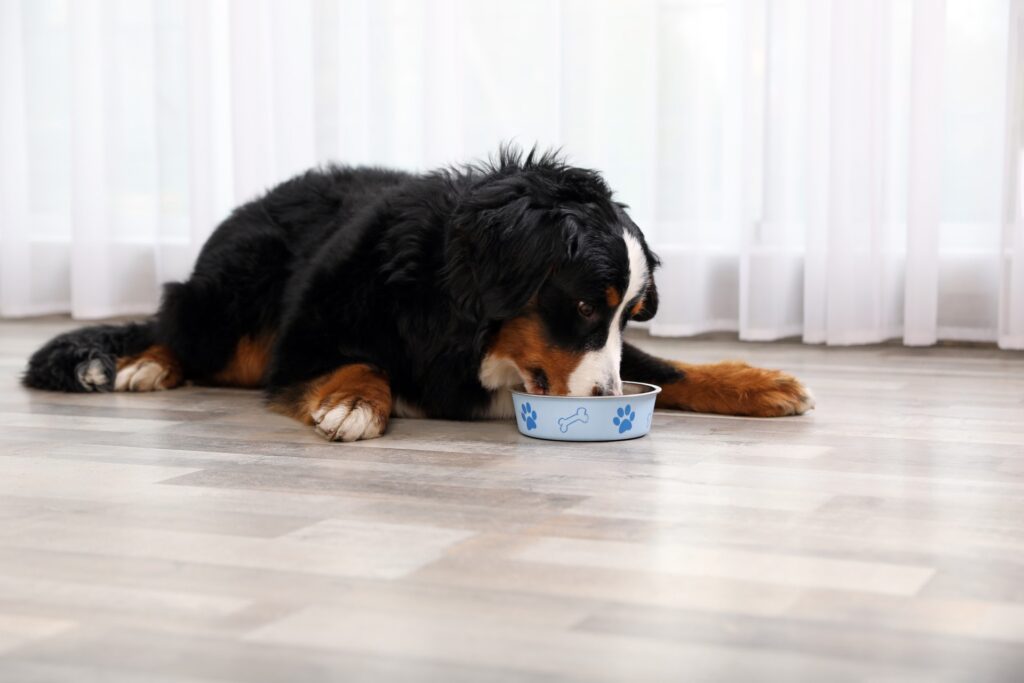Cancer sucks. What sucks even more is that not only is it one of the worst diseases in the world, but that your dog can also get it as well. Dog cancer is not uncommon in more than a few breeds later in their life, and unfortunately, many of the symptoms they get are also are ones we do as well as humans.
But there is hope.
Dog cancer is preventable and there are some specific actions you can take to keep your dog cancer-free.
What Breeds Are Most Susceptible to Dog Cancer?
No dog breed is immune to cancer, but there are specific ones that do have a greater risk of getting it. These include many beloved breeds like:
- Golden retrievers
- Boxers
- Bernese mountain dogs
- German shepherds
- Rottweilers
Other breeds of note that are more likely to develop bone cancers (osteosarcomas) specifically include:
- Irish wolfhounds
- Great danes
- Scottish deerhounds
This is often thought to correlate with their long legs which may contribute to their increased risk.

What Should Dogs Eat to Avoid Getting Dog Cancer?
It’s not always what your dog is eating as it is how much of what your dog is eating that can cause cancer. If your pup is overweight or even obese, they’re at greater risk of getting sick and developing cancer. Even if they don’t develop cancer it still puts them at risk for other issues like joint disease, diabetes, and heart disease.
Aside from being fit, healthy, and eating well, ensuring your dog is eating enough food with antioxidants like EPA and DHA (found in fish oils) and medium-chain triglycerides can also help prevent cancer. However, these supplements don’t help younger dogs as much as more mature canines, so it’s best to wait until your dog is a little older before giving them to them.
What Factors Increase the Risk of Dog Cancer?
It’s not always genetic factors or poor eating that can contribute to your furry friend getting cancer though. If you smoke or live in a smoking household, your dog has a much greater risk of getting nasal cancer, especially if they have a longer nose.
Like us, dogs can also be negatively affected by the sunlight, so make sure that if your dog has lighter pigmentation that they only stay out in the sun for a little while.
Don’t forget about chemicals either. If you would avoid touching, using, or staying away from paints, herbicides, or solvents, the same should be true for your dog as well.
Overall, cancer is a terrible affliction whether people or dogs get it, but by following the above tips, you can hopefully prevent your pet from ever going through it.
